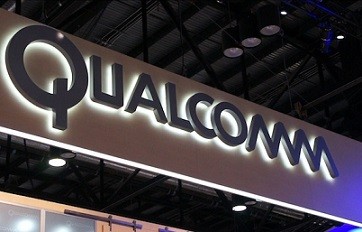Qualcomm and Chinese province Guizhou declared their plans for a mutual venture to manufacture chips for server systems, which was done last Sunday at a Beijing ceremony. It is the latest step that American company's high-stakes strategy will move beyond offering semiconductors for mobile phones.
Qualcomm claims that as per investment arm, the company will own 45 percent of the venture, while the remaining 55 percent is from the province. Together, they will make a financial contribution proportional to such ownership stakes and furnish an initial funding of nearly $280 million.
The coalition followed steps done by Chinese companies and government officials to create a larger domestic semiconductor industry. The mutual venture also serves the role done by Chinese policy makers to make Guizhou an advanced hub for cloud computing. It should help the country in its economic transformations.
Many Chinese companies assemble as much as many electronic devices, but several of its chips especially those that control the key functions are innovated and produced abroad. China wholly relies on American-made chips for its servers, and the purposes of computers used in back-office functions and running websites. Santa Clara-based Intel accounts over 90 percent of its server chips are utilized for these chores.
There have been a number of companies trying to break into the market by innovating chips that use technology licensed by ARM Holdings PLC, which is the controlling standard in mobile phones. So far, the biggest advocates of ARM-based servers Qualcomm has initially announced its plans to join the market in November 2014 but haven't really shipped a product.
The company however had signed a Memorandum of Understanding last May 2015 with Guizhou province to install a chip company there. It hasn't unveiled a plan as to who jointly owns the venture. That declaration took place during a huge data conference arranged by the Guizhou government. Many top executives of high-tech companies, including Uber Technologies Inc., Alibaba Group Holding Ltd, and Qualcomm Inc. as well as senior Chinese policy makers, attended the occasion.



























